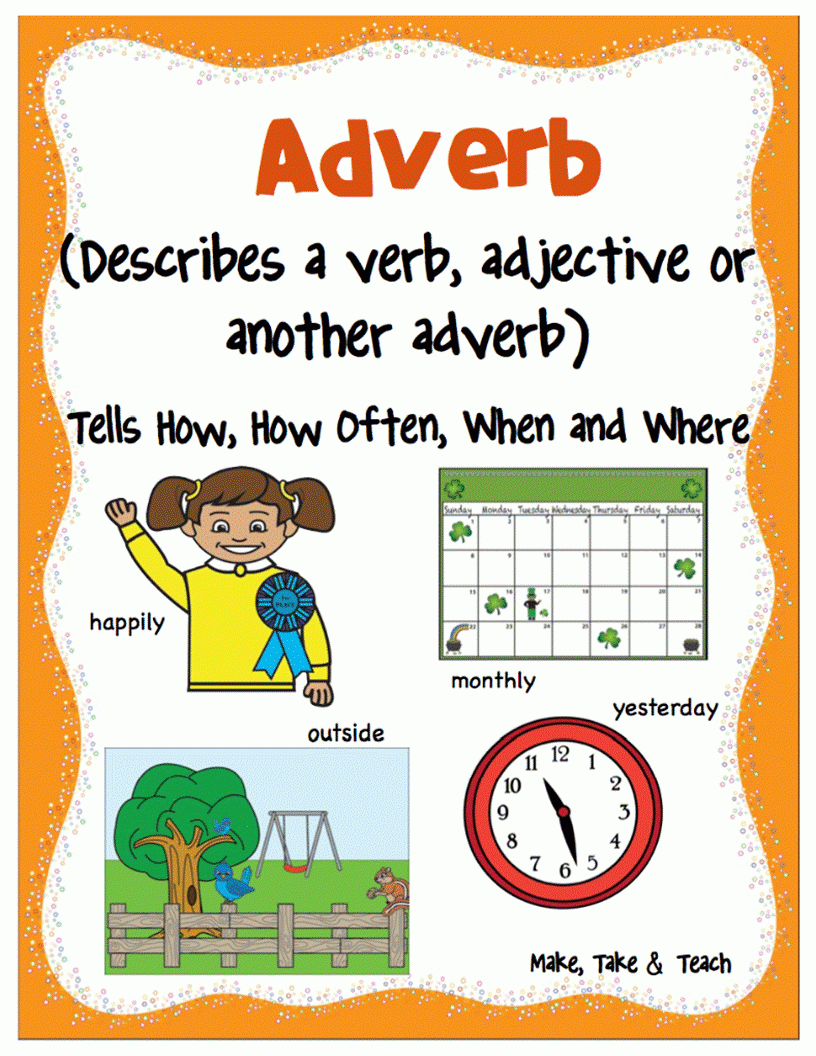Nouns, verbs, adjectives, and adverbs are essential parts of speech in the English language. They serve different purposes in forming sentences and expressing ideas. Understanding the meanings and functions of these parts of speech is crucial for effective communication and writing.
When you have a good grasp of nouns, verbs, adjectives, and adverbs, you can construct clear and coherent sentences that convey your message accurately. Let’s delve into the meanings of these parts of speech and how they work together to create meaningful sentences.
Nouns, Verbs, Adjectives, and Adverbs Meaning
Nouns: Nouns are words that represent people, places, things, or ideas. They can be concrete, such as “dog” or “house,” or abstract, like “love” or “happiness.” Nouns can function as the subject or object of a sentence, and they are essential for forming the basic structure of sentences.
Verbs: Verbs are action words that express an action or a state of being. They are the backbone of sentences and determine the tense and mood of the sentence. Verbs can be transitive, requiring a direct object, or intransitive, not requiring an object. Understanding verbs is crucial for conveying actions and events in a sentence.
Adjectives: Adjectives are words that describe or modify nouns. They provide additional information about the noun, such as its size, color, or quality. Adjectives help to make sentences more descriptive and vivid, allowing the reader to visualize the subject more clearly.
Adverbs: Adverbs are words that modify verbs, adjectives, or other adverbs. They provide information about how, when, where, or to what extent an action is performed. Adverbs can enhance the meaning of a sentence by adding details about the manner or circumstances of an action.
By understanding the meanings and functions of nouns, verbs, adjectives, and adverbs, you can improve your writing and communication skills. Practice using these parts of speech in your sentences to create more engaging and effective communication. Remember that each part of speech plays a unique role in forming coherent and meaningful sentences.
In conclusion, nouns, verbs, adjectives, and adverbs are the building blocks of language that enable us to express our thoughts and ideas effectively. By mastering these parts of speech, you can enhance your writing and communication skills, making your messages more impactful and clear. Keep practicing and incorporating these essential elements into your writing to become a more proficient communicator.
